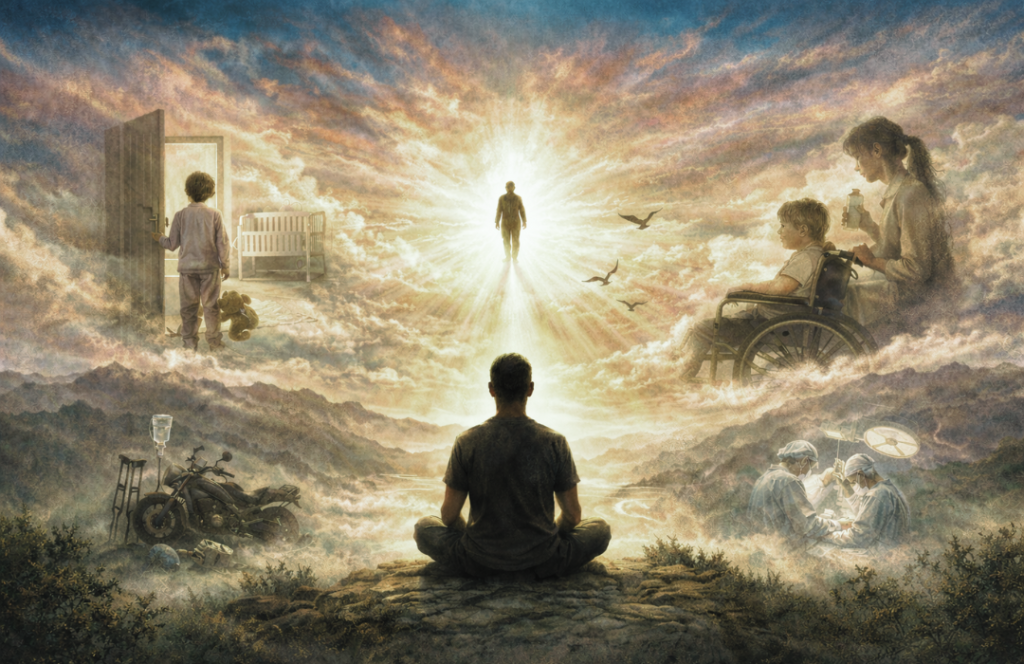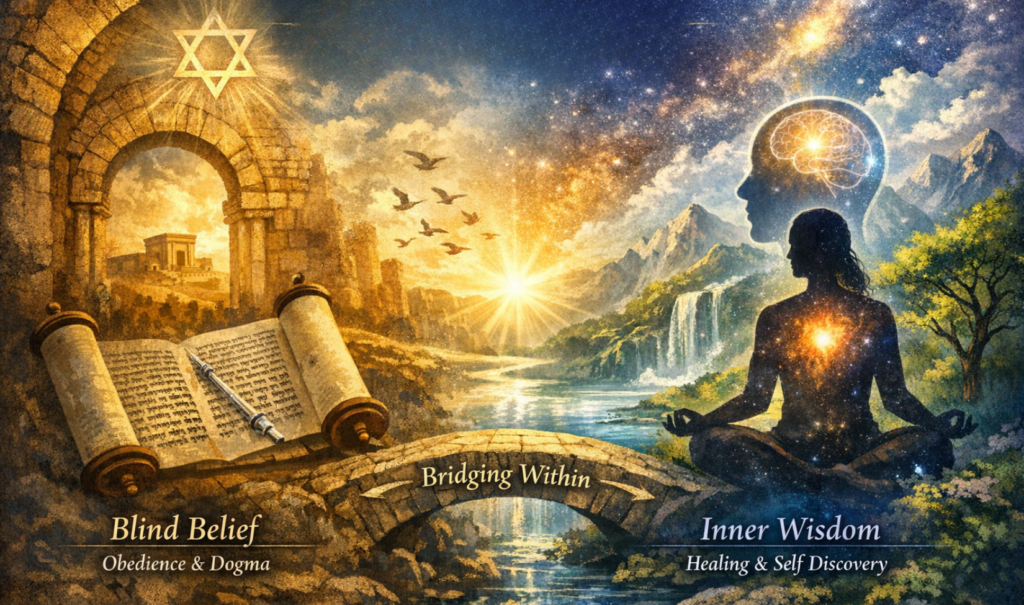Are you curious if you or someone you know might be an Indigo child?
Recognizing traits of Indigo children may resonate with certain characteristics that set you apart. If you often find yourself easily bored, constantly shifting from one creative activity to another, you may very well possess the spirited nature of an Indigo Kid.
As an Indigo child, you likely value your independence and cherish solitude. The term ‘loner’ may resonate with you, not in a negative sense, but as a reflection of your preference for a more solitary existence. Being a free spirit, you resist being tied down by anyone or anything, seeking the freedom to follow your own path.
Indigo Kids often display introverted tendencies, feeling either disinterested or overwhelmed by large groups of people. If you find peace and comfort in spending time alone, you may identify as an introvert. The need for personal space and a desire to retreat into your own thoughts can be strong characteristics of an Indigo child.
Your inclination to spend time in your own company may sometimes lead to pushing others away. This isn’t a rejection of relationships but rather a reflection of your need for autonomy and a connection with your inner world. Understanding and embracing these tendencies can help you navigate your relationships more authentically.
Recognizing these additional traits doesn’t just contribute to understanding Indigo Kids better; it also highlights the uniqueness of your identity. Embrace your free-spirited nature, appreciate the beauty of your creative shifts, and honor the importance of solitude in your life. Understanding the diverse aspects of being an Indigo kid allows you to navigate your journey with authenticity and self-awareness.
Indigo kids typically have a strong moral compass and an innate sense of justice. Motivated by a desire to make the world a better place, they may intervene in disputes, confront bullies, or feel deeply distressed by acts of injustice. Their leadership qualities stem from a genuine desire for positive change. After all, these are the types of kids who chose to come in to dismantle the old ways of living.
While emotional intelligence is a standout trait, many Indigo kids also demonstrate impressive intellectual and creative abilities. Excelling in subjects like mathematics, science, or the arts, they often take unconventional approaches and think outside the box. Their resistance to standard methods of instruction can lead to unique and diverse talents.
Indigo Kids often deviate from societal norms. They resist authoritarian systems, question established norms, and may challenge school rules. Though sometimes labeled as hypocritical, hyperactive, or restless, these traits can also be channels for immense creativity and innovation.
Recognizing an Indigo kid goes beyond a checklist of traits. It involves appreciating the unique blend of qualities that define them—emotional depth, intellectual prowess, and a strong moral compass. While these traits may pose challenges, they also signify incredible potential for transformation and growth. Understanding and embracing the distinctive characteristics of Indigo Kids enrich not only their lives but also the lives of those around them.
The popularization of Indigo Kids gained momentum through the efforts of figures like Lee Carroll, Jan Tober, and Doreen Virtue. Carroll and Tober, after interviewing Tappe, further developed the concept in their 1999 book, ‘The Indigo Children.’ Psychic Doreen Virtue continued to promote the idea with her 2001 book, ‘The Care and Feeding of Indigo Kids,’ contributing to its mainstream popularity.















0 Comments